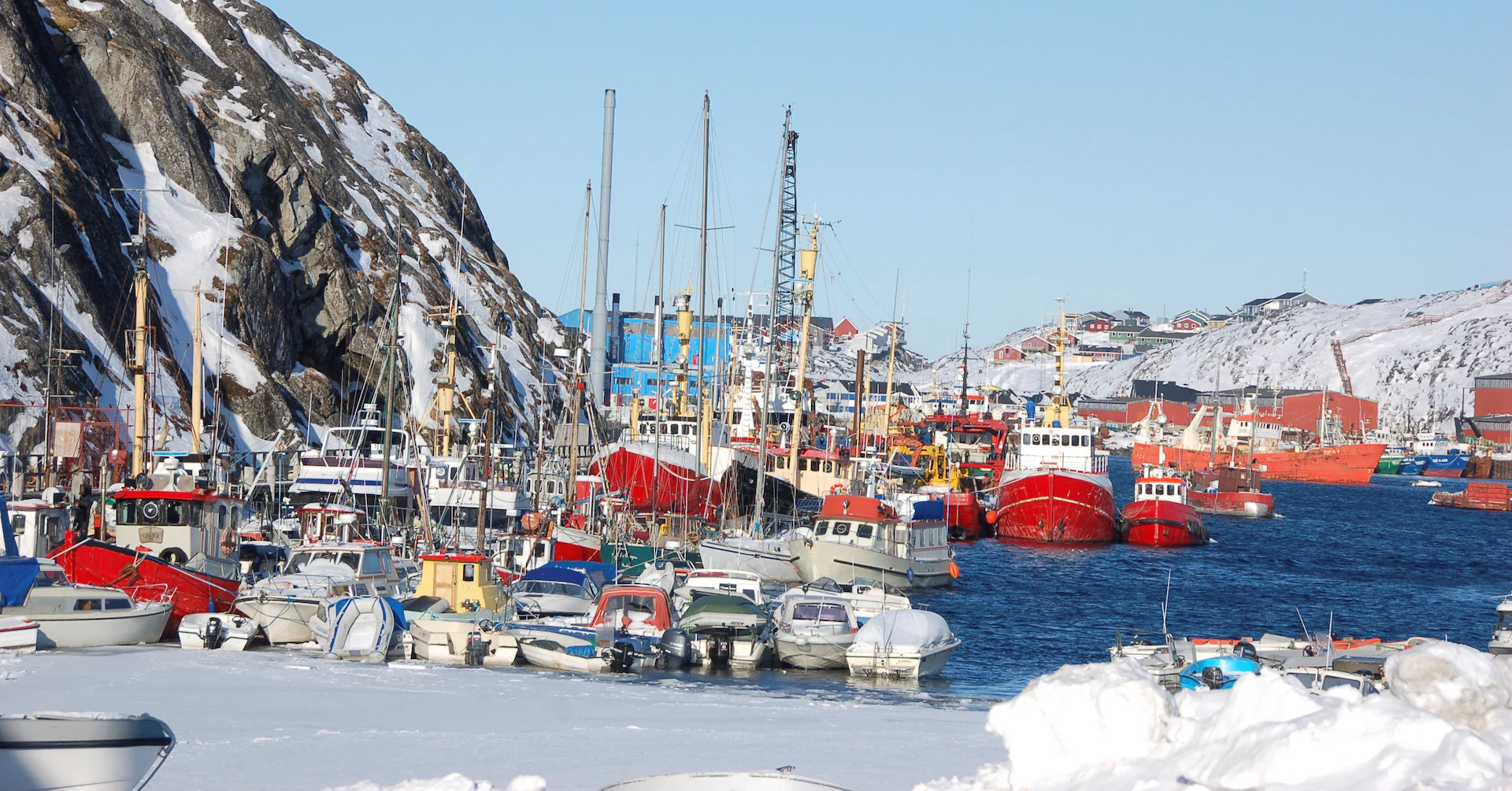
If finalized, the deal would mark the latest political twist for the Tanbreez rare earths deposit, which former President Joe Biden successfully lobbied to have sold to New York-based Critical Metals for far less than a Chinese firm was offering.
Sign up here.
Details of the discussions about Washington’s interest in an equity stake in Critical Metals have not previously been reported. The four sources declined to be named, citing the sensitivity of the negotiations.
“Hundreds of companies are approaching us trying to get the administration to invest in their critical minerals projects,” a senior Trump administration official told Reuters in response to a request for comment. “There is absolutely nothing close with this company at this time.”
Critical Metals did not respond to repeated requests for comment via email and phone. Greenland is a semi-autonomous part of Denmark and the Danish Embassy in Washington did not immediately respond to a request for comment.
Rare earths offer strong magnetic properties critical to high-tech industries ranging from electric vehicles to missile systems. Their importance is spurring an intense push for fresh supplies by Western countries looking to lessen their dependence on China’s near total control of their extraction and processing.
Critical Metals, which agreed to buy Greenland’s Tanbreez deposit last year for $5 million in cash and $211 million in stock, applied in June for a $50 million grant through the Defense Production Act, a Cold War-era piece of legislation aimed at boosting production of goods for national security purposes.
In the last six weeks, though, the administration has begun discussions with the company about converting the grant into an equity stake, three of the sources said.
If the deal goes through, a $50 million conversion would mean a roughly 8% stake in the company, although negotiations are not final and the final size of the stake could be higher or the deal itself could collapse, the same three sources said.
Administration officials have considered reallocating $2 billion from the CHIPS Act to fund critical minerals projects, Reuters reported in August. The law, formally known as the CHIPS and Science Act, was signed into law by then-President Joe Biden in 2022 and aims to lure chip production away from Asia.
The U.S. government shutdown is not expected to affect the negotiations, given that high-level staff involved in the discussions are considered essential government workers, two of the sources said.
Part of the discussion centers on how warrants would be issued to give Washington the stake, one of the sources said. Warrants give their holders the right to buy stock at a set price.
The equity stake would be separate from a $120 million loan the U.S. Export-Import Bank (EXIM) is considering to help the company develop Tanbreez, according to two of the sources. An EXIM spokesperson was not immediately available to comment.
GREENLAND’S APPEAL
Even before Trump expressed an interest in acquiring Greenland, Washington had long-running economic interests in the Danish territory.
The Tanbreez project is expected to cost $290 million to bring into commercial production, the company has previously said.
The EXIM loan would be used to fund technical work and get the mine to initial production by 2026. Once fully operational, the mine is expected to produce 85,000 metric tons per year of rare earths concentrate. The site also contains gallium, which China subjected to export restrictions last year, and tantalum.
Greenland’s mining sector has developed slowly in recent years, hindered by limited investor interest, bureaucratic challenges and environmental concerns. Currently, only two small mines are in operation.
The remote, cold location of Tanbreez is seen posing challenges to its development, although the deposit is located near a major waterway.
Reporting by Jarrett Renshaw, Ernest Scheyder and Gram Slattery; Writing by Ernest Scheyder; Editing by Veronica Brown, Jason Neely and Edmund Klamann
Our Standards: The Thomson Reuters Trust Principles., opens new tab
Ernest Scheyder is a senior correspondent covering critical minerals and the global energy transition, as well as the author of “The War Below: Lithium, Copper, and the Global Battle to Power our Lives,” which was longlisted for the 2024 National Book Award and was named the American Energy Society’s Energy Book of the Year. He previously wrote about the U.S. shale revolution – drawing on a two-year stint based in oil-rich North Dakota – as well as politics and the environment. A native of Maine, Scheyder is a graduate of the University of Maine – where he was named a distinguished alumnus in 2021 – and Columbia Journalism School.
Gram Slattery is a White House correspondent in Washington, focusing on national security, intelligence and foreign affairs. He was previously a national political correspondent, covering the 2024 presidential campaign. From 2015 to 2022, he held postings in Rio de Janeiro, Sao Paulo and Santiago, Chile, and he has reported extensively throughout Latin America.



